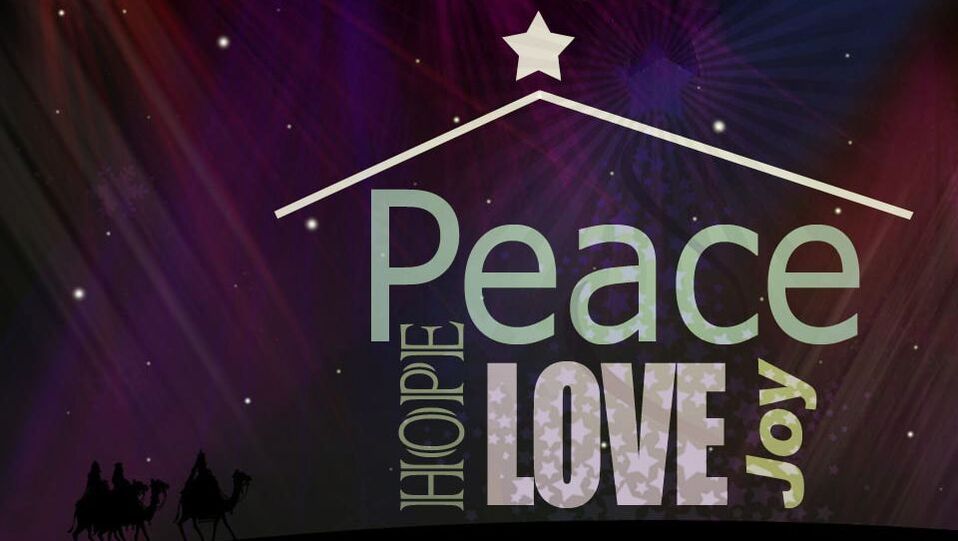The story is set against the promise of God that Abram and Sarai would have a son, yet as time goes by the promise is unfulfilled, and their hope fades. In their society a childless woman could be divorced if she did not get pregnant within two years of marriage. For Sarai it had been much longer than two years, so she offered her servant Hagar as a surrogate. Abram had intercourse with Hagar and she became pregnant. Soon after, Hagar began to despise Sarai, perhaps taking pride in her pregnancy and the possibility of her son becoming the heir, while she might rise, if not displace Sarai in Abram’s affections.
The situation became a relational mess, as Sarai blamed Abram, and he avoided responsibility telling Sarai to deal with it. She did so by abusing Hagar. The abuse was such Hagar fled. Hagar’s hopes were crushed. Where do you go when your home is not safe, when it is a place of abuse, when you are vulnerable, and more so because you are carrying a baby? Where do you turn when those who should offer you support and protection, turn a blind eye to your abuser, perhaps enable them? What do you do when you have nothing and depend upon your abusers for food, shelter and livelihood? Knowing the risks of staying or leaving, Hagar became a runaway slave.
A woman travelling alone was very vulnerable. Note, neither Sarai nor Abram went looking for her. Hagar was found alone, far from home, not by those who should have protected her, but by the angel of the Lord. Through his messenger God engaged Hagar in conversation. Hagar has an answer to the question, where have you come from – I’m running away from my mistress. But she has no answer for where she is going. Really, she is going nowhere. She may have known which road she was on, but she was lost. Where could a pregnant slave turn with no father for her child? In a shame-based society, who would take her in, have pity on her or on her child? But like the lamb who went astray, the Good Shepherd went looking to find the one who was lost. Why? Because God cares. Because Hagar and her unborn child matter to God. God commands her to return to Sarai and obey her. This is not a command to return and submit to abuse. Rather it is to return with a promise of a future, a son and a multitude of descendants. Imagine how the attitudes of Sarai and Abram would change when Hagar told them, I have met the God who sees and hears. Perhaps they imagined God did not see, hear or care about the treatment Haggar had suffered, but they were about to learn both she and her child were important to God, and God was watching. I think their attitude and actions toward Hagar would have changed immediately. Indeed, for thirteen years Abram treated Ishmael as his heir. This is a complex story of relationships gone wrong, human failings, abuse and neglect. God did not abandon Hagar but gave her a glimpse of the future in which there was hope for her.
Today in church we are considering family violence and uniting to support Shine in their care for those in danger of abuse. Many in our society lose hope because of their family situation. Shine provides refuges as places of safety, intervention in difficult situations, and teaches anger management courses to help people improve behaviour.
Today’s family situations may not be like that of Hagar in slavery in ancient days, but the human interaction of abuse, abandonment of responsibility and neglect of children has its own expression in modern life. At Greyfriars we affirm the need to care for those in vulnerable situations, to help support women’s refuge and to seek to help people change their behaviours so their homes can be safe places for all the family. We affirm God sees and hears those in need, and cares for them deeply. At Advent we again reflect on the hope God gives us.
For reflection:
If God searched for you and found you, what do you think he would say?
If you are suffering from abuse we encourage you to seek help from Shine. https://www.2shine.org.nz/
If you are able to help, we invite you to give generously to the work of Shine – seeking a better life for everyone.
Rev John Malcolm

